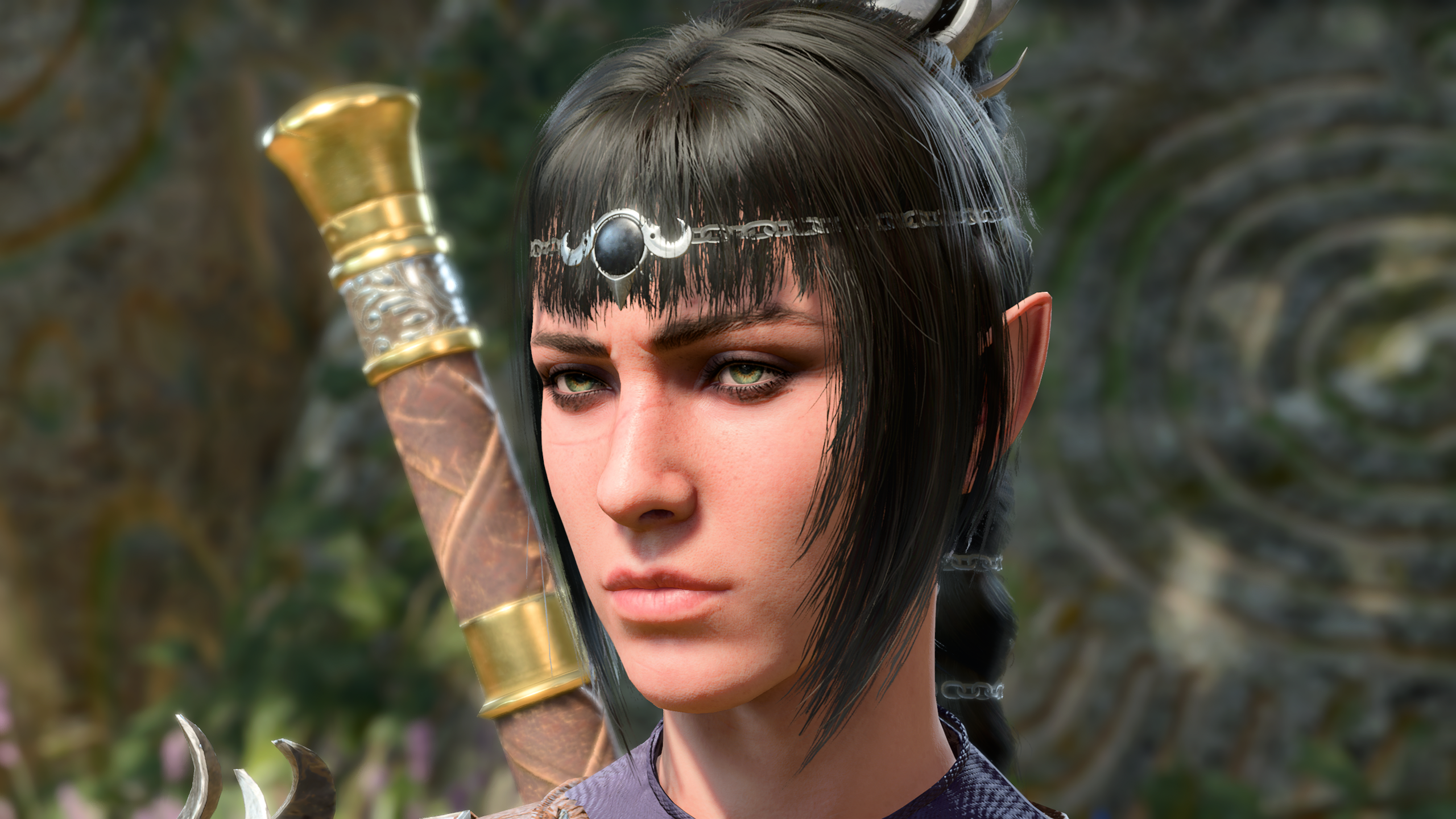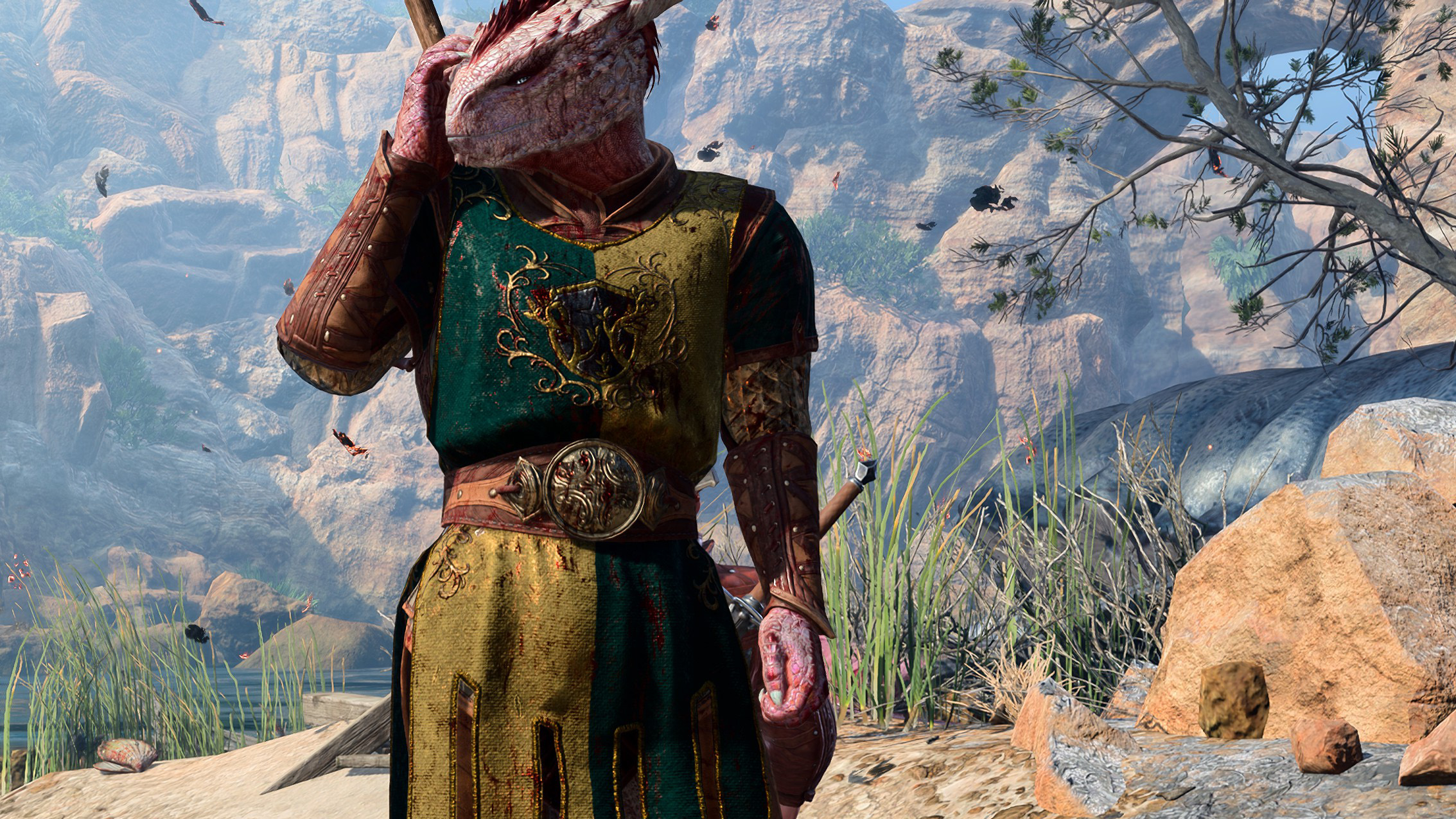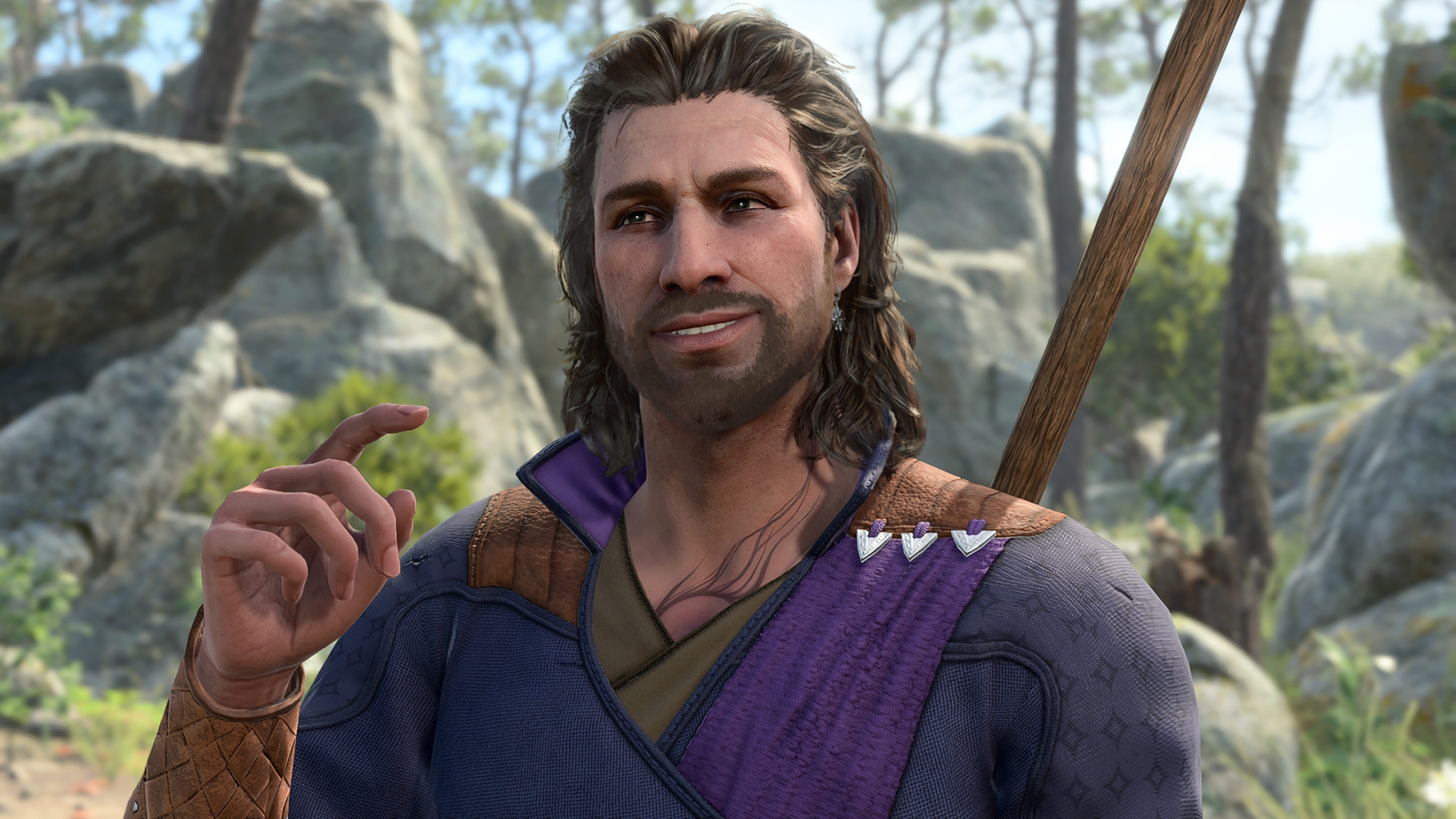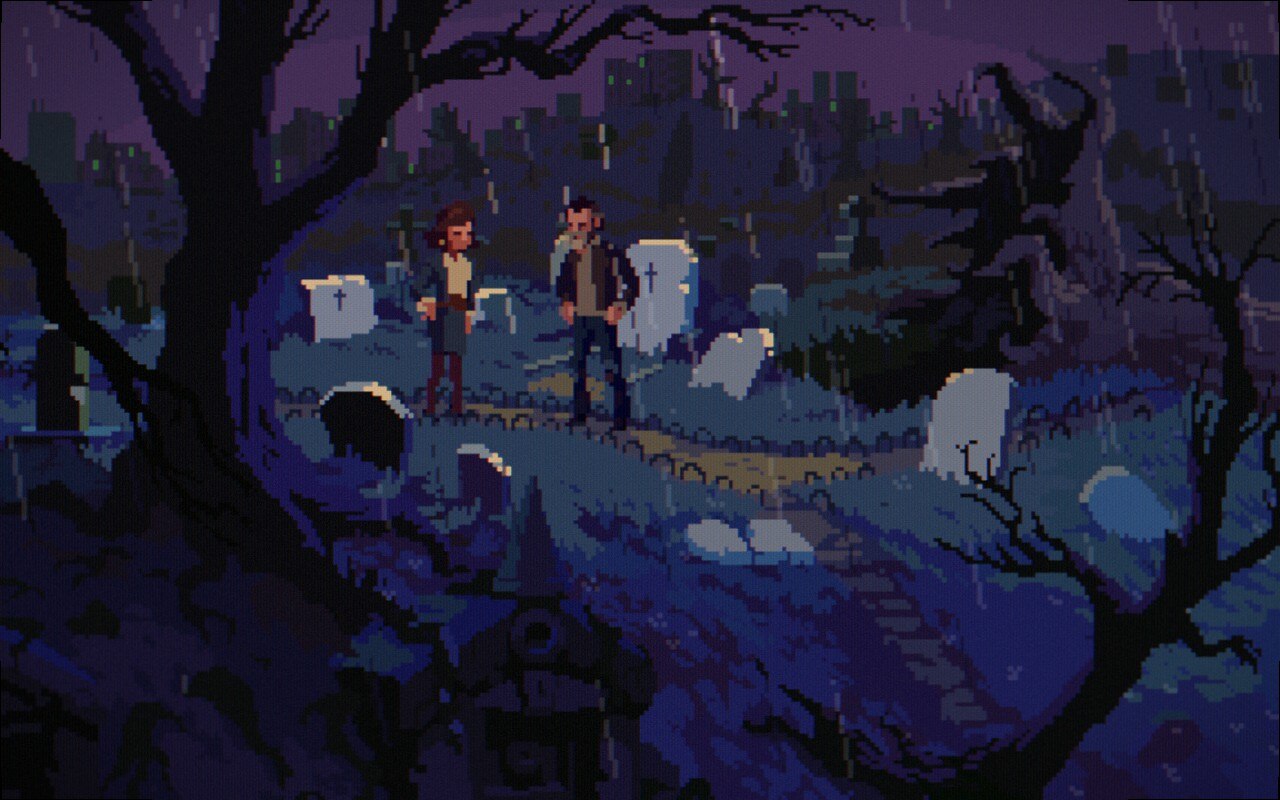If you're playing Baldur's Gate 3 multiplayer, Larian's boss has advice on what to do with companions: ignore them
Whether singleplayer or multiplayer, you'll have the best time focusing on your party and ignoring the companions you don't have room for.

It took me a few hours with Baldur's Gate 3 to fully come to a realization that is pretty dang obvious in hindsight—if you're playing in four-player co-op like I am, there's absolutely no room for more companions in your life.
The first two hours of Baldur's Gate 3 are a flurry of meet-and-greets with other weirdos who got tadpoles shoved in their eyeballs, and pretty soon we'd stacked up companion quests with Lae'zel, Shadowheart, Astarion, Wyll, and Gale with interesting stories splintering off in all directions. But with a party full of custom characters we couldn't have any of our new friends tag along with us, so they just sat back at camp, and I kept running into quest objectives that I couldn't make any progress on without one of those companions tagging along.
It felt wrong to ignore those quests—I mean, they're right there in my journal, begging to be completed! Like many RPG players, I have trouble leaving any quest unsolved, and chatting with my companions every time I came back to camp felt like a half-measure. So in an interview on Monday with Larian Studios founder Swen Vincke, I asked for advice on how best to interact with companions in a four-player game.
His advice? Eh, maybe don't.
"Personally, and this will be different for different people, I would keep them for a singleplayer playthrough or a co-op playthrough with just two players, where you take some companions with you," Vincke said. "A large part of the storytelling of these characters is when they're with you in the world."
Vincke elaborated that if your companions are stuck at camp, any conversation you have with them will be based on a "hearsay" conversation system. In other words, they'll be able to react to what you tell them, but they won't really know what happened because they weren't there, so you'll be missing out on the reactions you'd get if the companions were in your party. You'll also miss out on unique interactions with the many NPCs in the world who already know your companions.
"Your connection to these characters is going to be much shallower than if you had them with you," he said. "I would probably advise if you're playing in multiplayer, focus on your party—as you do in singleplayer, actually, just focus on your party and enjoy it and roleplay it to the full extent. You can have any number of companions in camp, but it's not going to be the same thing. It's going to be much stronger if you're doing it in singleplayer."
Keep up to date with the most important stories and the best deals, as picked by the PC Gamer team.


Baldur's Gate 3 guide: Everything you need
Baldur's Gate 3 tips: Be prepared
Baldur's Gate 3 classes: Which to choose
Baldur's Gate 3 multiclass builds: Coolest combos
Baldur's Gate 3 romance: Who to pursue
Baldur's Gate 3 co-op: How multiplayer works
Vincke's advice sure makes sense, even if it goes against my instinct to leave no scrap of story untouched. But Baldur's Gate 3 is such a massive game, I'm realizing the surest way to have a bad time is to fret over doing and seeing every last thing. It's incredibly rare for a game to enable and reward truly roleplaying a character in the way this one does, and I'm going to have a much better time focusing on how my paladin fits into my co-op group if I don't worry too much about the folks back at camp who aren't adventuring with us.
If you're also playing in multiplayer, Vincke had one other bit of advice: make sure you know what kind of group you have. Talk about what you want to get out of the game, even, and how much you care about the story.
"There's typical types of groups that play multiplayer. If you have the type that will explain to each other and wait for each other, they'll get a really good sense of the story," he said. "If they go off in all four directions on the map and start shenanigans and don't tell anything to anybody, then it becomes hard."
Vincke gave me an example from earlier in development where two devs were playing together. One really wanted to experience the story, while the other played as a "murder hobo" who, well, mostly just went around killing people. By the time the story-focused dev arrived in the Underdark, his companion had already killed off all the NPCs who could explain the significance of an important drow named Nere, who he kept running into oblique references to.
"He never knew who this was," Vincke said. "He found these references and was like 'Who the fuck is Nere?' I said, 'What do you mean you don't know?' They were all dead! But that is the nature of the game. If that's how you play, that's how you play, and if you can still get to the end that's your experience."
Before Baldur's Gate 3 released, I laughed at Vincke talking about multiple playthroughs and recommending against playing the game for the first time as an origin character. Most players don't even finish short games—who's got time to beat this 100-hour RPG twice!? Now that I'm 15 hours into it, I think the answer is: Me. I do. Because as much as I'm loving this co-op experience, I now know what a dramatically different experience is waiting for me when I play again solo. And Vincke was just being honest about what he'd learned from playing the game himself, not just developing it.
"I've played it multiple times over, and keep on finding new adventures for myself to have. It's certainly rich enough, there's enough content, but certain content works better depending on how you play," he said. "I don't have any real preference [between singleplayer and multiplayer], I find fun in both kinds of play. But when we're playing in multiplayer it's more fooling around with the systems, 'can I do this?' and 'can I do that?' whereas in singleplayer it's more 'this is my story.'"

Wes has been covering games and hardware for more than 10 years, first at tech sites like The Wirecutter and Tested before joining the PC Gamer team in 2014. Wes plays a little bit of everything, but he'll always jump at the chance to cover emulation and Japanese games.
When he's not obsessively optimizing and re-optimizing a tangle of conveyor belts in Satisfactory (it's really becoming a problem), he's probably playing a 20-year-old Final Fantasy or some opaque ASCII roguelike. With a focus on writing and editing features, he seeks out personal stories and in-depth histories from the corners of PC gaming and its niche communities. 50% pizza by volume (deep dish, to be specific).

